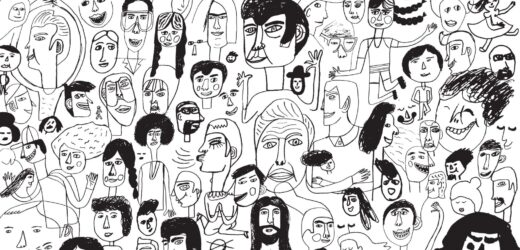When it comes to class notes, we all know that students would much rather get the teacher’s notes or PowerPoints than write their own for lots of reasons. They’re getting the content straight from the expert. It makes note-taking less work, and they don’t have to decide what to write down. Further, lots of students don’t like to take notes, and many don’t take very good ones. Having the teacher’s notes keeps students covered if they don’t feel like taking notes or attending class, but the research on note-taking is clear: students need to take notes for themselves.
I wrote this article to help you explain to your students not only why they need to take notes but how to take good notes—the kind of notes that become valuable resources when studying for an exam.
Related Articles
I have two loves: teaching and learning. Although I love them for different reasons, I’ve been passionate about...
Could doodles, sketches, and stick figures help to keep the college reading apocalypse at bay?...
We’ve all faced it: the daunting stack of student work, each submission representing hours of potential grading. The...
Storytelling is one of the most powerful means of communication as it can captivate the audience, improving retention...
For some of us, it takes some time to get into the swing of summer. Some of us...
About a year ago, I decided to combine the ideas of a syllabus activity and a get-to-know-students activity....
The use of AI in higher education is growing, but many faculty members are still looking for ways...









